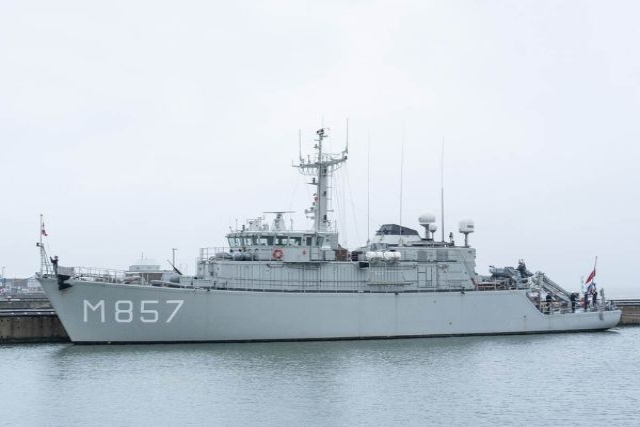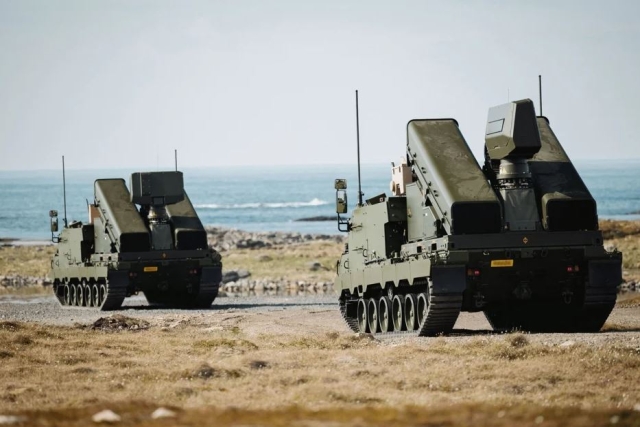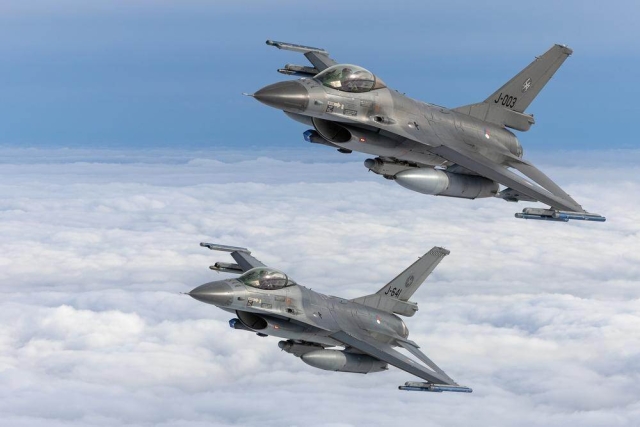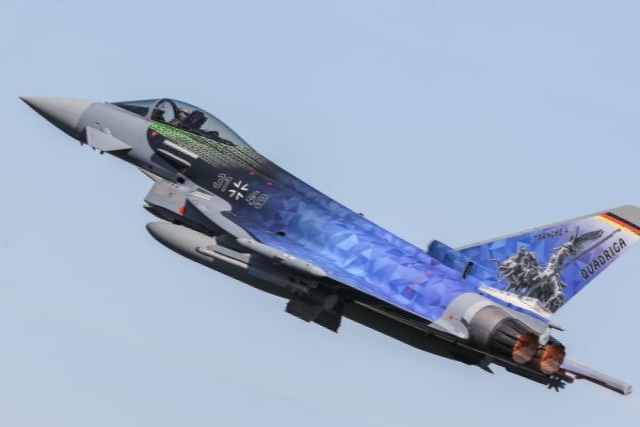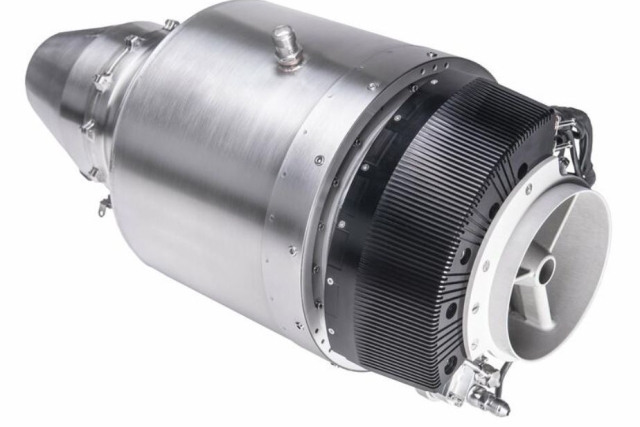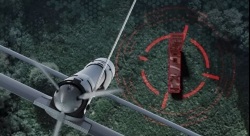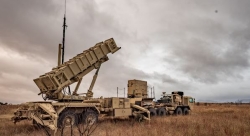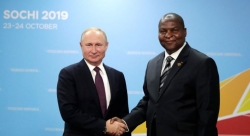Netherlands Defence Signs Agreement with ISISpace for Military Satellite Development
New partnership to develop small satellite constellation for enhanced operational capabilities

The Dutch Defence Ministry and Delft-based company ISISpace (Innovative Solutions in Space) have formalized a partnership to advance the development, construction, and operation of military satellites.
The agreement, signed today, aims to enhance the military's information position and operational capabilities through satellite technology.
Under the agreement, ISISpace will contribute to the design and deployment of a new generation of satellites to support navigation, communication, observation, surveillance, and reconnaissance tasks. Satellite capacity is considered critical during military missions, enabling precise positioning, secure communication, and real-time intelligence gathering.
This collaboration marks the next phase in the Defence Ministry's strategy to establish robust operational satellite capacity. The partnership builds on ISISpace's previous project with Defence, the BRIK-II satellite, an experimental platform designed to test emerging technologies and concepts.
Several new satellite missions are scheduled to begin in the coming years, focusing on providing better support for the armed forces' operational tasks from space.
The agreement also strengthens ISISpace's role within the broader Dutch space industry. Defence and ISISpace will now operate as strategic partners, working closely with other companies and knowledge institutions to advance military space technology.
The Defence Space Security Centre (DSSC), part of the Royal Netherlands Air Force, will oversee the project. The initiative stems from the 2022 Defence Memorandum, which tasked the Air Force with developing a constellation of small satellites equipped with advanced sensors.
Development of the first satellite under the new agreement will begin in early 2024. The launch of multiple satellites is planned from 2025 onwards.
The partnership with ISISpace is part of a broader initiative to expand Defence's space infrastructure. Defence has already collaborated with Norway on two satellites, currently operated by the DSSC, and works with various international partners on satellite communication.
Additionally, a collaboration was recently signed with Dutch companies for the development of the PAMI-1 satellite.

